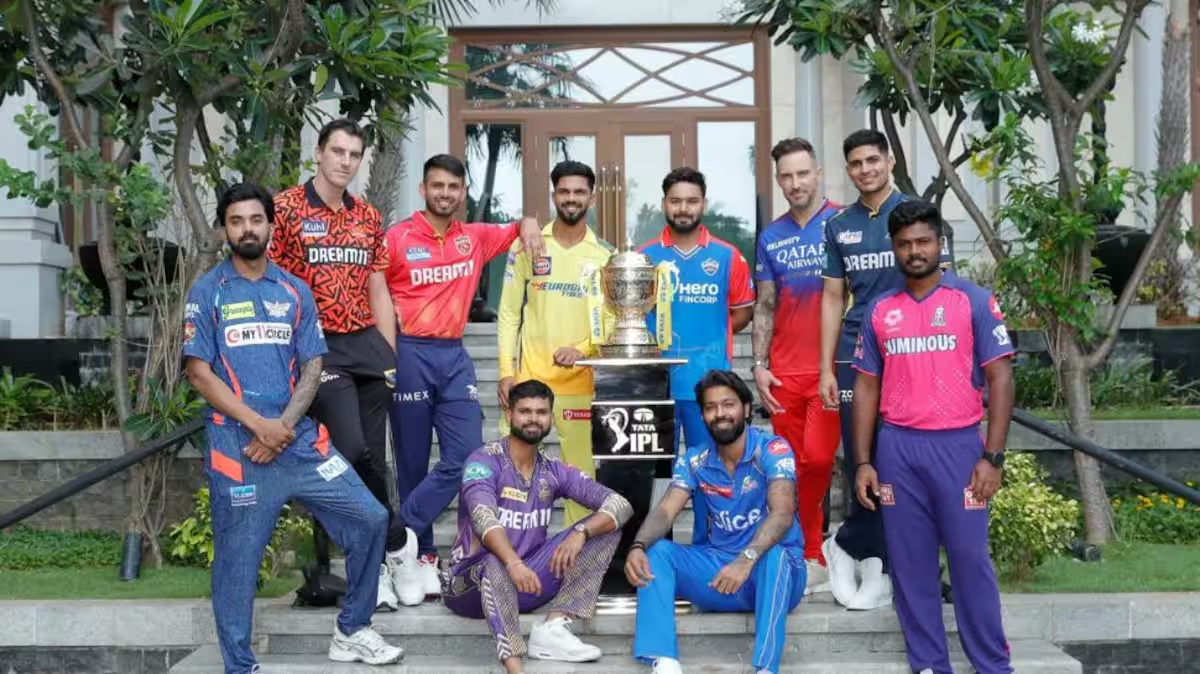
May 30, 2008 – Wankhede Stadium – IPL’s First Semi-Final
Rajasthan Royals (RR) vs Delhi Daredevils (DD). RR had just finished warm-ups. Their captain, Shane Warne, walked up to Yusuf Pathan, looked into his eyes, placed a hand on his shoulder, and stood silently for a minute. Pathan, fully focused, stared back.
Pathan had played some brilliant innings earlier but had struggled in a few matches, especially against fast bowlers. The pitch was tricky, and DD had bowlers like Glenn McGrath, Mohammad Asif, and Farveez Maharoof ready to take advantage. Warne’s silent message was clear—“Yusuf, I trust you. Go smash them.”
Pathan responded in style, scoring a quickfire 45 off 21 balls, hitting four sixes, including an aggressive shot over mid-wicket against McGrath.
Trust & Leadership in IPL
This simple gesture from Warne showed the power of trust. RR knew exactly why they chose Warne as their captain and coach for a ‘Moneyball’ team.
Warne was a superstar who brought crowds to the stadium. But more than that, he was a brilliant bowler and a great leader. He was the perfect choice for the first-ever IPL season.
But now, as IPL enters its 18th year, how do franchises select their captains? Do they go for big-name players, or do they look for real leadership qualities?
How Teams Pick Captains in IPL
Sanjay Bangar, former Indian all-rounder and ex-head coach of Punjab Kings & RCB, explains,
“If we have a strong captaincy option, teams plan their entire auction strategy around them. But if no clear captain is available, we first build the team and then find a leader.”
In the past, legendary players like Warne, Anil Kumble, Rahul Dravid, and Adam Gilchrist were successful IPL captains, even though they had little or no T20 international experience.
Last year, Shreyas Iyer, who was not part of India’s T20 team, led KKR to an IPL win. This year, Punjab Kings (PBKS) spent big money to sign him. Why?
Bangar explains,
“Even if a player is not in the Indian T20 team, he can still be a great captain because of his smart decision-making and ability to change strategies quickly.”
Former Indian batter Pravin Amre, who has coached Delhi Capitals and Mumbai Indians, agrees.
“T20 is a very tough format for captains. A single mistake can cost the match. The captain has to be alert for all 120 balls,” he says. “When selecting a captain, teams look for someone who can win at least two matches on his own. A good captain must also be available for his team 24/7.”
Brand Value vs Leadership
Earlier, IPL teams looked for captains who were also big stars. But today, things are different. Since all teams make money through revenue sharing, branding is no longer the priority.
Teams like CSK, PBKS, GT, RCB, and KKR are all led by players who are not currently in India’s T20 team.
“Ruturaj Gaikwad, Shreyas Iyer, Shubman Gill, Rajat Patidar, and Ajinkya Rahane let their performances do the talking. Gill is a big name, but others are not. Today, what matters most is talent and consistency,” says a support staff member from a former IPL-winning team.
Take the case of Ajinkya Rahane as KKR’s captain. He last captained in the IPL for Rajasthan Royals in 2019. He doesn’t appear in many ads, and he last played for India in 2023. The team doesn’t expect him to dance to ‘Korbo Lorbo Jeetbo Re’ with Shah Rukh Khan.
Rahane is a silent leader. He led India to an unforgettable Test victory at Gabba in 2021 with just a quiet hug to Rohit Sharma. Between 2019 and 2024, he won multiple domestic titles for Mumbai, including the Syed Mushtaq Ali Trophy, Ranji Trophy, and Irani Cup.
Final Thoughts
A support staff member from another finalist team explains,
“We always shortlist potential captains before the auction. But sometimes, we have to change our plans if that player gets picked by another team. Of course, it helps if the captain is a star player from Team India, but in 2025, that is not the most important thing anymore.”
IPL is evolving, and today, true leadership matters more than
